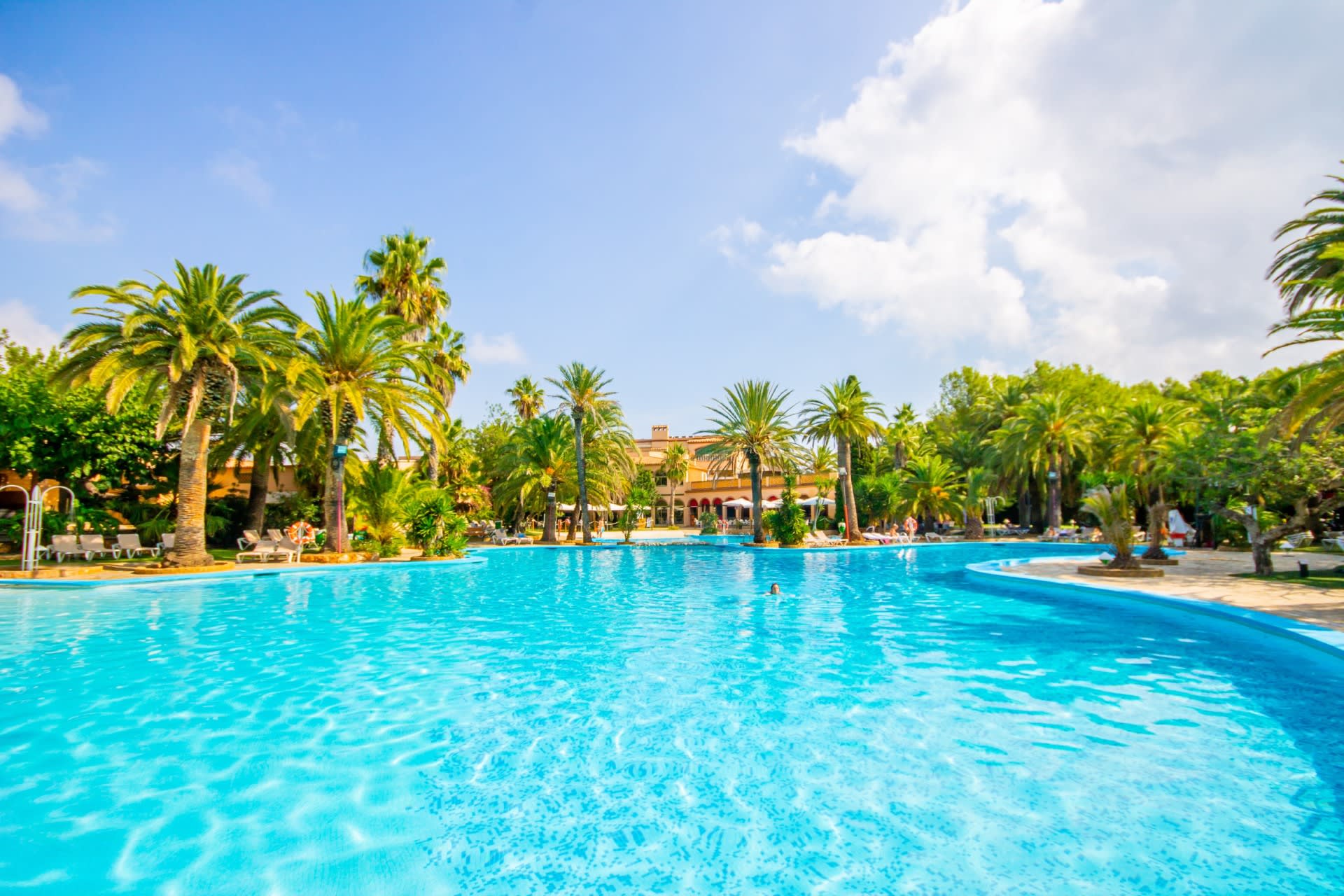Driving Abroad
Question: What do we need to do to take a car abroad ?
Answer: Firstly, check with your car insurance provider you are covered to drive in the EU, it is advisable to have fully comprehensive car insurance. Obtain a Green Card from your insurance company to extend your comprehensive cover to continental Europe.
Secondly we strongly recommend you take out motoring breakdown assistance insurance.
Please familiarise yourself with the legal requirement for relevant countries, for example carrying a warning triangle, yellow flash jacket, spare set of bulbs etc. Consider getting your car serviced before your holiday.
In addition to this please also ensure that you take all car documentation including your vehicle registration document.
Please check the RAC and AA websites for further information


Company No. 11061177 | VAT No. 282658274
Terms & Conditions | Privacy Policy
